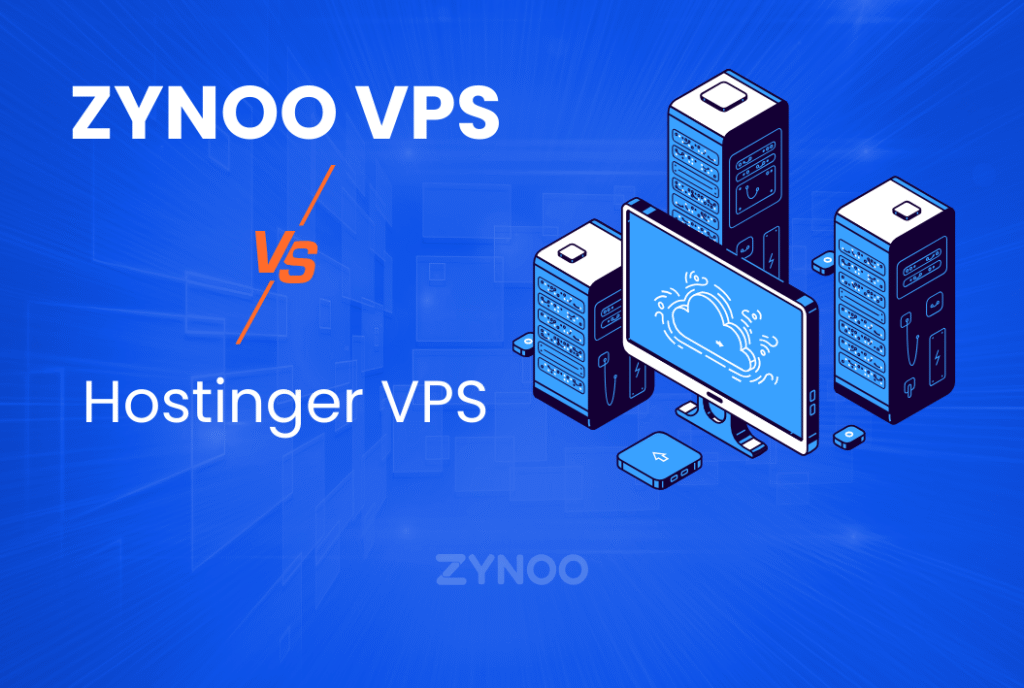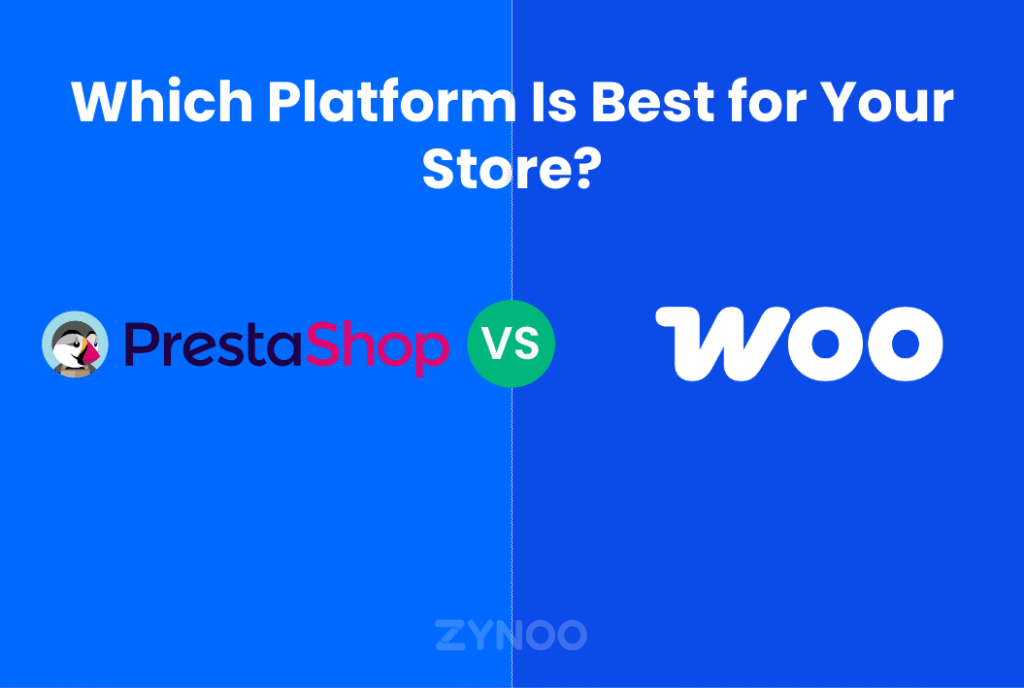In the digital era, choosing the right hosting solution can make a significant impact on the success of your online presence. With numerous options available, it can be challenging to decide which type of hosting best suits your needs. Two popular choices are cloud hosting and VPS hosting. Each offers unique advantages and can cater to different requirements depending on the nature of your website and business. This article delves deep into the comparison of cloud hosting vs VPS hosting, helping you make an informed decision.
Understanding the Basics
Before diving into the comparison, it’s essential to understand the basics of both hosting types. Cloud hosting and VPS (Virtual Private Server) hosting are widely used due to their scalability, reliability, and performance. However, the underlying technologies and benefits they offer can vary significantly.
What is Cloud Hosting?
Cloud hosting is a type of web hosting that uses multiple servers to balance the load and maximize uptime. Instead of relying on a single server, your website can draw resources from a cluster of servers. This setup enhances reliability and can handle traffic spikes with ease.
Key Features of Cloud Hosting
- Scalability: Easily scale resources up or down based on demand.
- Reliability: Reduced risk of downtime since multiple servers are used.
- Performance: High-speed performance due to resource pooling.
- Cost-Effectiveness: Pay for only the resources you use.
- Flexibility: Suitable for websites of all sizes.
What is VPS Hosting?
VPS hosting involves partitioning a single physical server into multiple virtual servers. Each VPS operates independently with its own dedicated resources, operating system, and settings, providing a balance between shared hosting and dedicated hosting.
Key Features of VPS Hosting
- Dedicated Resources: Guaranteed CPU, RAM, and storage allocation.
- Performance: Consistent performance with isolated server environments.
- Customization: Full root access for extensive customization.
- Security: Enhanced security compared to shared hosting.
- Cost-Efficiency: More affordable than dedicated hosting while offering similar benefits.
Cloud Hosting vs VPS Hosting: Key Differences
Performance Comparison
When comparing performance, both cloud hosting and VPS hosting offer significant advantages. However, cloud hosting often edges out due to its use of multiple servers, ensuring that traffic surges are managed smoothly without impacting website performance. In contrast, VPS hosting offers stable and consistent performance but may struggle under extreme load if resources are not scaled appropriately.
Scalability and Flexibility
Scalability is where cloud hosting truly shines. With the ability to dynamically allocate resources as needed, cloud hosting provides unparalleled flexibility. This feature is particularly beneficial for growing businesses and websites experiencing fluctuating traffic. VPS hosting, while scalable, typically requires manual intervention to adjust resources, which can be less efficient.
Cost Analysis
Cost is a critical factor for many businesses. Cloud hosting operates on a pay-as-you-go model, making it cost-effective for websites with variable traffic. You only pay for the resources you use, which can lead to substantial savings. VPS hosting, on the other hand, involves a fixed monthly fee based on resource allocation, providing predictable costs but potentially higher expenses if underutilized.
Security Considerations
Data Protection in Cloud Hosting
Security in cloud hosting is robust, with providers implementing stringent measures to protect data. The use of multiple servers enhances redundancy and disaster recovery capabilities. However, the shared nature of cloud environments necessitates rigorous access controls and encryption to safeguard sensitive information.
Data Protection in VPS Hosting
VPS hosting offers a more isolated environment, reducing the risk of breaches compared to shared hosting. Each VPS operates independently, which can enhance security. Users have full control over security configurations, allowing for tailored protection measures. Nevertheless, the responsibility for maintaining security largely falls on the user.
Performance and Reliability
Cloud Hosting Performance
Cloud hosting performance is often superior due to the distributed nature of its infrastructure. Websites benefit from faster load times and minimal downtime, as traffic is balanced across multiple servers. This setup ensures that even if one server fails, others can seamlessly take over.
VPS Hosting Performance
VPS hosting delivers consistent performance thanks to dedicated resources. Websites hosted on VPS servers experience minimal interference from neighboring sites, leading to stable performance. However, the limitations of a single physical server can become apparent during peak traffic periods.
Scalability and Flexibility
Benefits of Cloud Hosting Scalability
Cloud hosting’s dynamic scalability allows for real-time adjustments in resource allocation. This flexibility ensures that your website can handle traffic spikes effortlessly without compromising performance. Businesses with unpredictable traffic patterns can particularly benefit from this feature.
Benefits of VPS Hosting Scalability
While VPS hosting does offer scalability, it often requires manual adjustments. Upgrading resources involves configuring the server and potentially rebooting it, which can cause temporary downtime. Despite this, VPS hosting provides sufficient scalability for steady-growth scenarios.
Cost-Effectiveness
Pricing Models for Cloud Hosting
Cloud hosting’s pay-as-you-go model is ideal for businesses looking to optimize costs. You pay only for the resources consumed, making it a cost-effective solution for websites with varying traffic. This model allows for better budget management and can lead to significant savings over time.
Pricing Models for VPS Hosting
VPS hosting involves a fixed monthly fee, which is determined by the amount of allocated resources. While this provides predictable expenses, it can be less cost-efficient if the allocated resources are not fully utilized. However, for businesses requiring consistent resource levels, VPS hosting can be a budget-friendly option.
Use Cases and Ideal Scenarios
When to Choose Cloud Hosting
Cloud hosting is perfect for websites that experience variable traffic patterns. E-commerce sites, blogs with fluctuating readership, and rapidly growing businesses can all benefit from cloud hosting’s scalability and reliability. Its ability to handle traffic surges ensures a smooth user experience, even during peak times.
When to Choose VPS Hosting
VPS hosting is well-suited for websites that require dedicated resources and greater control over their hosting environment. Businesses with steady traffic, resource-intensive applications, and the need for enhanced security can find VPS hosting to be a robust and cost-effective solution.
Ease of Use and Management
User Experience in Cloud Hosting
Cloud hosting providers typically offer user-friendly interfaces and automated management tools. This ease of use reduces the technical burden on users, allowing them to focus on their core business activities. Automated backups, updates, and scaling further enhance the user experience.
User Experience in VPS Hosting
VPS hosting offers a high level of control and customization, which can be both an advantage and a challenge. Users with technical expertise can benefit from the extensive customization options, but those less familiar with server management may find it daunting. Managed VPS services can alleviate this issue by providing expert support.
Customization and Control
Customization Options in Cloud Hosting
Cloud hosting provides a high degree of flexibility but may offer limited customization compared to VPS hosting. The infrastructure is managed by the provider, which can restrict certain configurations. However, this trade-off is often outweighed by the benefits of scalability and reliability.
Customization Options in VPS Hosting
VPS hosting excels in providing extensive customization options. Users have full root access, enabling them to configure the server environment to their specific needs. This level of control is ideal for developers and businesses with unique hosting requirements.
Technical Support and Assistance
Support Services in Cloud Hosting
Cloud hosting providers typically offer comprehensive support services, including 24/7 customer service, technical assistance, and extensive documentation. This level of support ensures that users can quickly resolve issues and maintain optimal website performance.
Support Services in VPS Hosting
VPS hosting support can vary depending on whether the service is managed or unmanaged. Managed VPS hosting includes technical support and maintenance, making it a suitable choice for those who need expert assistance. Unmanaged VPS hosting, while more cost-effective, requires users to handle server management themselves.
Migration and Setup Process
Migrating to Cloud Hosting
Migrating to cloud hosting is generally straightforward, with providers offering tools and services to facilitate the process. Automated migration tools and expert support ensure a smooth transition with minimal downtime.
Migrating to VPS Hosting
Migration to VPS hosting can be more complex, particularly if custom configurations are involved. However, many providers offer migration assistance and tools to simplify the process. Proper planning and execution are key to ensuring a successful migration.
Environmental Impact
Sustainability in Cloud Hosting
Cloud hosting can be more environmentally friendly due to its efficient use of resources. Providers often use advanced technologies to optimize server utilization, reducing energy consumption and carbon footprint. Additionally, the shared infrastructure can lead to better resource efficiency.
Sustainability in VPS Hosting
VPS hosting’s environmental impact depends on the efficiency of the underlying physical servers. While VPS hosting is generally more efficient than dedicated hosting, it may not achieve the same level of resource optimization as cloud hosting. However, efforts to use energy-efficient hardware and practices can mitigate the impact.
Future Trends in Hosting Solutions
Innovations in Cloud Hosting
Cloud hosting continues to evolve with advancements in technology. Emerging trends include serverless computing, edge computing, and AI-driven optimization. These innovations are set to enhance performance, scalability, and cost-efficiency, making cloud hosting an increasingly attractive option.
Innovations in VPS Hosting
VPS hosting is also benefiting from technological advancements. Improved virtualization technologies, better resource management, and enhanced security features are among the innovations shaping the future of VPS hosting. These developments aim to provide users with greater performance and control.
Choosing the Right Hosting for Your Needs
Factors to Consider
When choosing between cloud hosting vs VPS hosting several factors should be considered. These include your website’s traffic patterns, budget, technical expertise, and specific hosting requirements. Understanding these aspects will help you make an informed decision that aligns with your business goals.
Common Misconceptions
There are several misconceptions about both hosting types. For instance, cloud hosting is not always more expensive than VPS hosting, and VPS hosting is not inherently less secure. Clarifying these misconceptions can help you make a more accurate comparison.
Conclusion
In conclusion, both cloud hosting and VPS hosting offer distinct advantages, and the best choice depends on your specific needs and circumstances. Cloud hosting excels in scalability, reliability, and cost-efficiency, making it ideal for dynamic and growing websites. VPS hosting provides dedicated resources, extensive customization, and consistent performance, suitable for businesses with stable traffic and specific requirements. By carefully evaluating your needs and considering the unique benefits of each hosting type, you can choose the solution that best supports your online presence.
FAQs
Which is more secure, cloud hosting or VPS hosting?
Both cloud hosting vs VPS hosting offer robust security features. Cloud hosting providers implement stringent security measures, while VPS hosting provides an isolated environment for enhanced protection. The choice depends on your specific security needs and preferences.
Can I switch from VPS to cloud hosting easily?
Yes, many hosting providers offer migration services to facilitate the transition from VPS to cloud hosting. The process can be straightforward with proper planning and support from your provider.
What are the performance differences between cloud hosting vs VPS hosting?
Cloud hosting often provides superior performance due to its distributed nature, allowing for better load balancing and redundancy. VPS hosting offers consistent performance with dedicated resources but may require manual scaling to handle traffic surges.
Is cloud hosting more expensive than VPS hosting?
Not necessarily. Cloud hosting operates on a pay-as-you-go model, which can be cost-effective for websites with variable traffic. VPS hosting involves a fixed monthly fee, providing predictable costs but potentially higher expenses if resources are underutilized.
Which hosting solution is better for small businesses?
Both hosting solutions can be suitable for small businesses, depending on their needs. Cloud hosting offers scalability and flexibility, while VPS hosting provides dedicated resources and customization. Assessing your business’s traffic patterns and technical requirements will help determine the best fit.
How does scalability differ between cloud hosting vs VPS hosting?
Cloud hosting offers dynamic scalability, allowing for real-time adjustments in resource allocation. VPS hosting requires manual scaling, which can involve configuring the server and potentially causing temporary downtime. Cloud hosting’s scalability is generally more efficient for handling traffic fluctuations.



